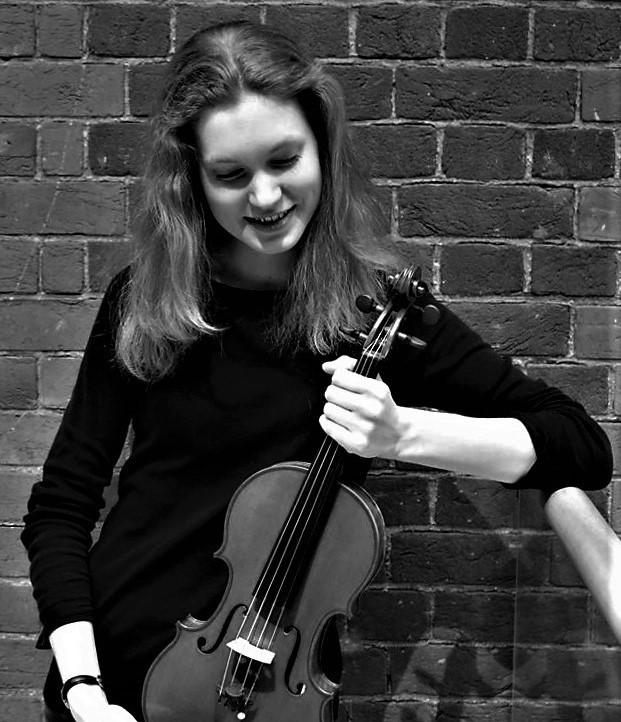
BOTH players of international reputation, this violin and piano duo can truly be claimed as York’s own.
Although based in London, Will Clark grew up and nurtured his talents here. Hilary Suckling has made York her home, so their local connexions are impeccable. Sonatas by Mozart and Brahms framed shorter works by Ysaӱe and Britten and offered satisfying variety.
Will’s appearance is deceptive. Sporting a pseudo-drag persona, with dramatically painted eyebrows above decorated waistcoat and tight black trousers, all evocative of the bull ring, he can be distracting.
It takes the average punter a few minutes to be able to concentrate on his actual playing. But it is worth the effort. Beneath the veneer lurks a thoughtful and highly proficient violinist. Sometimes he is even better than that.
The duo’s Mozart, K.454 in B flat, was unremarkable, but it offered a solidly constructed warm-up for what was to come. Clark used minimal vibrato, but it did not detract from the Andante’s cantabile line.
The closing rondo was light on its toes, occasionally even witty, as Suckling intelligently adjusted her tone after a first movement where balance had been an intermittent problem.
It was good to hear Eugène Ysaӱe’s Poème élégiaque, Op 12 in its original version, rather than the better-known adaptation for orchestra. Although very much a display piece, it remains at heart a lament, apparently in reaction to Romeo and Juliet, and the duo wisely concentrated on this. So the dramatic centrepiece became a display of anger at bereavement and the closing violin recitative conveyed a touching solemnity.
Although the Britten was described as three pieces from the Suite, Op 6, the composer ultimately distilled it down to just these three, which were the only ones first unveiled in the Wigmore Hall in 1934 (albeit revised the following year).
The opening ‘March’ was jaunty with the succeeding ‘Lullaby’ an extreme contrast, very slow and sad; Clark’s high line was impeccable. The final ‘Waltz’ was exactly right: virtuosically explosive.
Brahms’s third and last Violin Sonata, Op 108 in D minor, opens with a remarkable rhapsodic Allegro. Suckling’s piano here was admirably subdued, especially given the weightiness of the composer’s writing, before the duo became excitingly fiery. There was some lovely rubato in the slow movement.
A feel of Mendelssohnian politeness infused the scherzo, but that evaporated in the thrilling final Presto. Even here Clark allowed his violin to do the talking, rather than indulge in the sort of histrionics his appearance might have suggested.
Clark returns to this hall on March 30 as soloist in the Sibelius Violin Concerto with York Symphony Orchestra: on this showing, strongly recommended.
Review by Martin Dreyer, 16/2/2024

